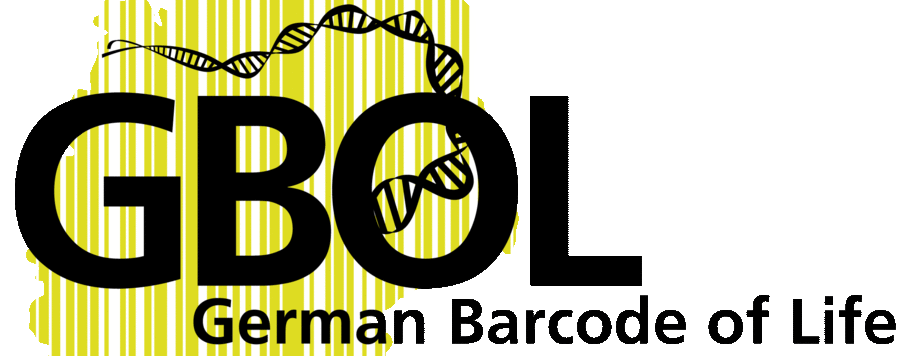
How to tackle the molecular species inventory for an industrialized nation
Biodiversity loss is mainly driven by human activity. While concern grows over the fate of hot-spots of biodiversity, contemporary species losses still prevail in industrialized nations. Therefore, strategies were formulated to halt or reverse the loss, driven by evidence for its value for ecosystem services. Maintenance of the latter through conservation depends on correctly identified species. To this aim, the German Federal Ministry of Education and Research is funding the GBOL project, a consortium of natural history collections, botanic gardens and universities working on a barcode reference database for the country’s fauna and flora. Several noticeable findings could be useful for future campaigns: 1) validating taxon lists to serve as a taxonomic backbone is time-consuming, but without alternative; 2) offering financial incentives to taxonomic experts, often citizen scientists, is indispensable; 3) completion of the libraries for widespread species enables analyses of environmental samples, but the process may not hold pace with technological advancements; 4) discoveries of new species are among the best stories for the media; 5) a commitment to common data standards and repositories is needed, as well as trans-boundary cooperation between nations; 6) after validation, all data should be published online via the BOLD to make them searchable for external users and to allow cross-checking with data from other countries.






